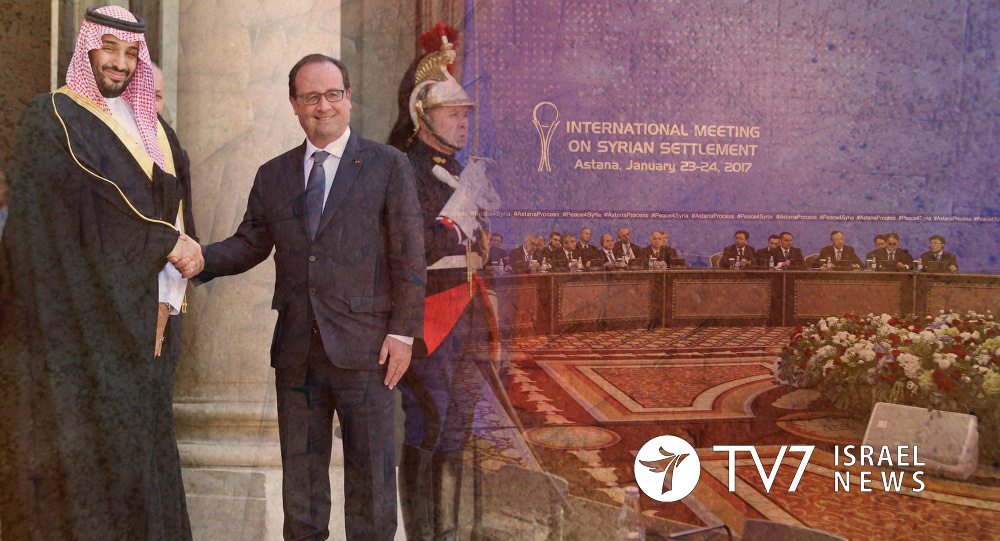With regard to the summit in Astana, which brought warring sides of the Syrian conflict to the negotiating table and aimed to reaffirm a jointly brokered cessation of hostilities by Russia and Turkey, as well as the declaration of a framework that would establish a foundation for another round of talks led by the United Nations; France and Saudi Arabia, both backers of Syrian rebel groups, said they hoped the Astana talks would indeed lead to a resumption of UN-led peace efforts in Geneva, as well as the delivery of more humanitarian aid to civilians suffering from the almost six years of fighting.
“There is a meeting in Astana today. We want it to be a success at least on one point, the actual cessation of hostilities. I don’t know whether there will be a reached agreement but we hope so. But what we ask for is that the negotiations resume as soon as possible in Geneva in the frame and the authority of the United Nations.” said Jean-Marc Ayrault, French Foreign Minister.
Iran, Russia and Turkey ended talks in Kazakhstan last night with the announcement of full compliance with a cessation of hostilities between the Syrian government forces and rebel groups. They also decided to establish a trilateral mechanism between the three countries to thwart any breaches to the ceasefire while reiterated their joint determination to intensify the fight against both the Islamic State and the al-Qaeda linked Nusra Front, known today as Jeish Fattah al Sham.
“Decide to establish a trilateral mechanism to observe and ensure full compliance with the ceasefire, prevent any provocations and determine all modalities of the ceasefire. Reiterate their determination to fight jointly against ISIL Daesh and al-Nusra and to separate from them armed opposition groups,” said Kairat Abdrakhmanov, Kazakh Foreign Minister.
In Astana, rebel and government delegates held indirect talks for the first time in nine months at a time when Turkey, which backs the rebels, and Russia, which supports Syrian President Bashar Assad, each want to disentangle themselves from the fighting. That has led them into an ad-hoc alliance that also appears to enshrine Iran in a process that could lead to some form of political settlement – leaving the United Nations role unclear especially with the United States distracted by domestic issues. The statement also said “the next round of negotiations to be held between the government and the opposition under the United Nations auspices in Geneva as of February 8th, 2017.”
